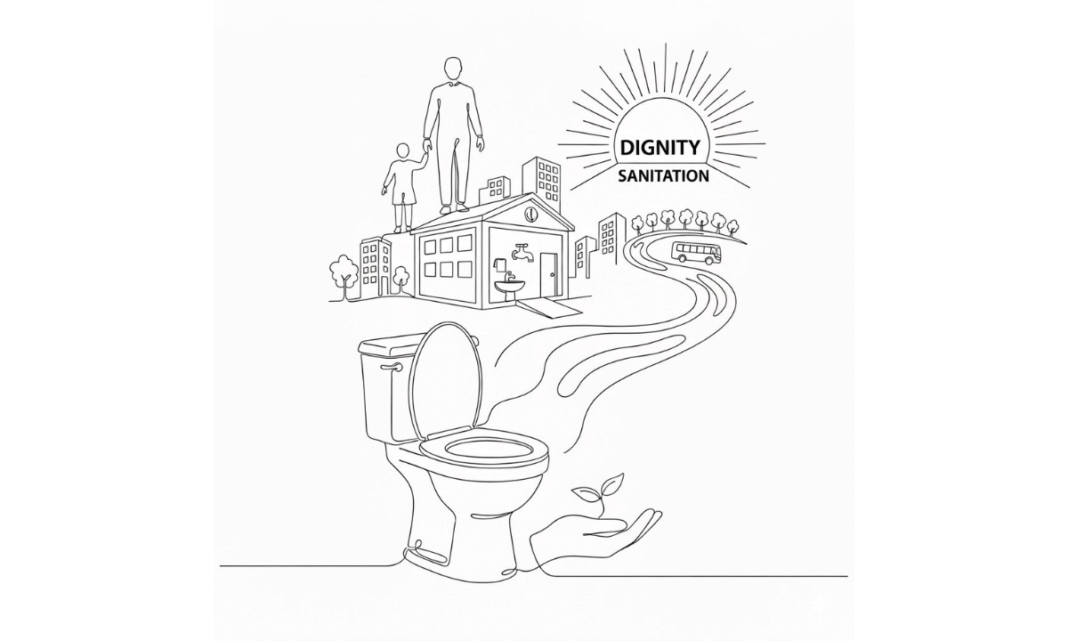In a strong push toward modern, people-focused sanitation, the Greater Chennai Corporation (GCC) has begun a comprehensive public toilet overhaul across several key zones. The initiative, rooted in long-term planning and built on measurable performance, positions Chennai among the few major cities in the Global South adopting a DBFOT-HAM (Design–Build–Finance–Operate–Transfer – Hybrid Annuity Model) for urban sanitation—a model usually reserved for larger infrastructure sectors.
Renovation and construction have already begun, signalling the start of a transformative phase for public hygiene, safety, and inclusive access.
One of the most progressive aspects of this project is its KPI-linked annuity payment model, a rarity in India’s public toilet ecosystem. Payments to concessionaires are not made for simply building the facility; they are tied to how well the toilets perform every single day.
Cleanliness and odour control, water availability, lighting, safety, functional fixtures, manpower deployment, complaint resolution, and accessibility for women, seniors, and persons with disabilities all form part of the daily assessment. If a toilet fails to meet the KPIs, the operator loses a portion of the annuity; if standards are consistently met, payments remain steady. This model transforms sanitation into an ongoing public service where quality is monitored, measured, and financially enforced, signalling that the city now treats sanitation with the seriousness usually reserved for transport, energy, or waste management.
The project is being implemented under the able guidance of the Greater Chennai Corporation’s leadership, including the Commissioner and Joint Commissioner (Health), whose oversight sets the tone for consistency and accountability. The Zonal Office teams led by Assistant Commissioners, supported by Executive Engineers, Assistant Executive Engineers, Assistant Engineers and their field teams, form the operational backbone ensuring that site-level progress matches city-level expectations.
The Special Projects Department (SPD), through its Superintending Engineer, Executive Engineer, Assistant Executive Engineers and technical staff, anchors the programme with steady, constructive guidance while maintaining a high bar for service delivery, documentation, and compliance. Complementing them is the Independent Engineer, the designated third-party agency responsible for impartial monitoring of performance, quality, and progress across every site in the package.
This governance model blends firm administrative and technical supervision with operational freedom for concessionaires to innovate on the ground. Officials describe their mandate with clarity: deliver toilets that are consistently clean, safe, dignified, and accessible—every day, for every user.


